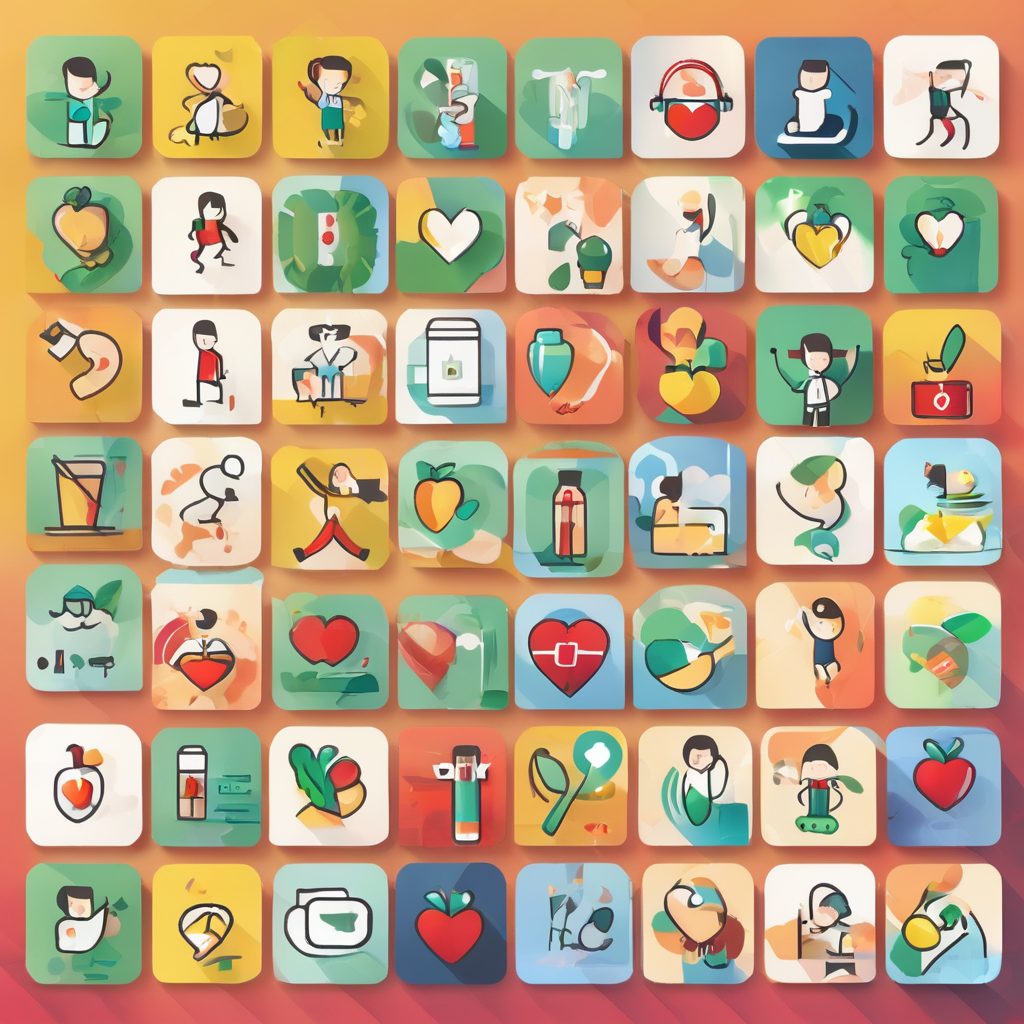The Connection Between Music and Language Development
Understanding the intertwining of music education and language acquisition uncovers fascinating insights into cognitive development. Studies show that early exposure to music significantly impacts brain development, enhancing language skills. Music, particularly rhythm and melody, acts as a stimulus for various cognitive processes connected to linguistic abilities.
Research in music education highlights the benefits children receive when engaged early. For instance, children exposed to music lessons often perform better in language acquisition tasks. Key studies link early music lessons to improved abilities in phonological awareness, vocabulary, and syntax comprehension, underscoring music’s role in fostering language development.
Have you seen this : Discover Pain Relief: How Regular Meditation Transforms Chronic Pain Management
The synergy between rhythm and melody plays a crucial part. Rhythms mimic speech patterns, facilitating verbal skills. Melodic elements refine pitch perception, important in processing tonal languages. Music’s structured nature, with its repetitive and varied patterns, aids in the understanding and retention of linguistic constructs, acting as a versatile tool in the cognitive development of language abilities.
Benefits of Early Music Lessons for Toddlers
Diving into the cognitive benefits of introducing toddlers to music lessons reveals a landscape of developmental gains. Engaging with music enhances various cognitive skills, notably memory retention and linguistic processing. For instance, toddlers who participate in musical activities often demonstrate improved concentration and task-switching capabilities. By incorporating interactive gameplay, like using songs to memorize sequences or rhythms, these early experiences contribute to robust cognitive foundations.
Also to discover : Transforming Spinal Cord Injury Rehab: Unveiling the Miracle of Aquatic Therapy
Delving into social interaction skills, music lessons become a valuable medium for developing social aptitude among toddlers. Participating in group music classes provides crucial opportunities for collaboration and communication, fostering a sense of community and teamwork. It’s not uncommon for individual case studies to highlight significant improvements in a child’s ability to engage and connect with peers after consistent musical exposure.
As we approach the emotional and expressive development facilitated by music, it’s evident how these early lessons help toddlers articulate their emotions. Music encourages a heightened level of emotional intelligence, allowing children to navigate their feelings effectively. Parents often testify to observing positive emotional growth, noting that their children become more adept at expressing themselves through the structured yet creative environment that music provides.
Recommended Music Activities for Toddlers
Incorporating early music activities is an engaging method to enhance various developmental skills in toddlers. These activities serve as vehicles for music engagement and facilitate critical learning outcomes.
Interactive Music Games
Engaging toddlers through interactive music games can significantly boost their interest and participation in toddler lessons. Games such as musical chairs or rhythm clapping not only make learning enjoyable but also integrate language elements. Musical instruments, both traditional and digital, add layers of exploration, encouraging tactile engagement. Instruments like tambourines or keyboards can enhance coordination and auditory skills. Incorporate musical storytelling sessions where children participate in sound-making, enriching their language acquisition while stimulating creativity.
Incorporating Language into Music Lessons
Strategies to integrate language learning into music education can make lessons both fun and effective. Using songs with repetitive and rhyming patterns strengthens memory and phonetic skills. Popular children’s rhymes serve dual roles in teaching and entertaining. Mixing storytelling with music, where narratives unfold through songs, captures a toddler’s imagination and reinforces language structure understanding. Such innovative approaches underscore the value of combining language and music in fostering developmental milestones.
